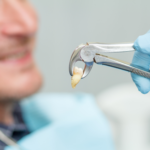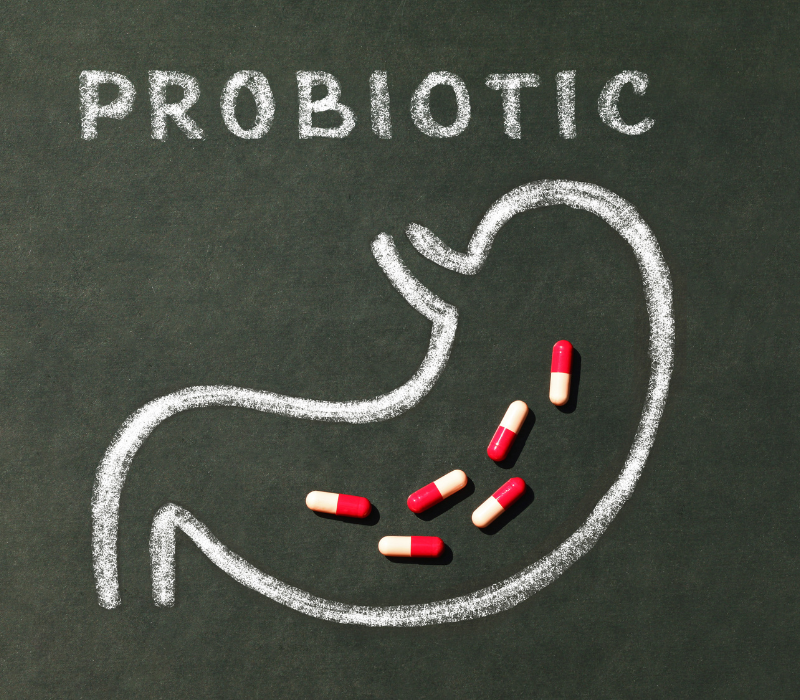When we think about probiotics, the first thing that comes to mind is often their role in promoting digestive health. However, recent research has shed light on the potential benefits of probiotics in another important area—dentistry. Probiotics, the beneficial bacteria that naturally reside in our bodies, have shown promise in maintaining oral health and preventing dental issues. In this blog post, we will explore the use of probiotics in dentistry, their mechanisms of action, and the potential benefits they offer to patients.
Understanding Probiotics in Dentistry
Probiotics are live microorganisms that, when consumed in adequate amounts, confer health benefits on the host. Traditionally associated with gut health, these beneficial bacteria have been found to have positive effects on oral health as well. In dentistry, probiotics work by restoring the balance of microbial communities in the mouth, inhibiting the growth of harmful bacteria, and promoting the health of the teeth and gums.
Benefits of Probiotics in Dentistry
- Prevention of Dental Caries: Probiotics can help prevent tooth decay by inhibiting the growth of harmful bacteria like Streptococcus mutans. These bacteria produce acids that erode tooth enamel, leading to cavities. By introducing probiotics, such as specific strains of lactobacilli and bifidobacteria, the oral microbiota can be balanced, reducing the risk of dental caries.
- Reduction of Periodontal Diseases: Probiotics have shown potential in managing periodontal diseases, including gingivitis and periodontitis. Certain strains of probiotics have antimicrobial properties, which can help control the growth of harmful bacteria in the gums. They also stimulate the immune system, promoting a healthy response to inflammation and supporting gum tissue health.
- Fresh Breath: Oral malodor, commonly known as bad breath, can be caused by the presence of odor-producing bacteria in the mouth. Probiotics can help combat bad breath by displacing these bacteria and restoring a healthier oral microbiota, resulting in fresher breath.
- Management of Oral Infections: Probiotics have been investigated for their potential to manage various oral infections, including oral thrush and infections following oral surgery. By inhibiting the growth of pathogenic bacteria and promoting a balanced oral microbiome, probiotics may aid in preventing and managing these infections.
- Enhanced Dental Implant Success: Dental implants are a popular solution for replacing missing teeth. Probiotics have been explored for their role in improving the success rate of dental implant procedures. By creating a favorable oral environment, probiotics can help reduce the risk of implant-related complications, such as peri-implantitis.
Incorporating Probiotics into Oral Care
The incorporation of probiotics into oral care routines can be achieved through various methods:
- Probiotic Supplements: Oral probiotic supplements are available in the form of lozenges, chewable tablets, or capsules. These products contain specific strains of beneficial bacteria that can help restore oral microbial balance.
- Probiotic-Rich Foods: Some fermented foods, such as yogurt and kefir, contain live cultures of beneficial bacteria. Including these foods in your diet can provide a natural source of probiotics for oral health.
- Probiotic Mouthwashes or Oral Rinses: Certain mouthwashes and oral rinses now contain probiotics. These products allow direct application of beneficial bacteria to the oral cavity, aiding in maintaining a healthy oral microbiome.








